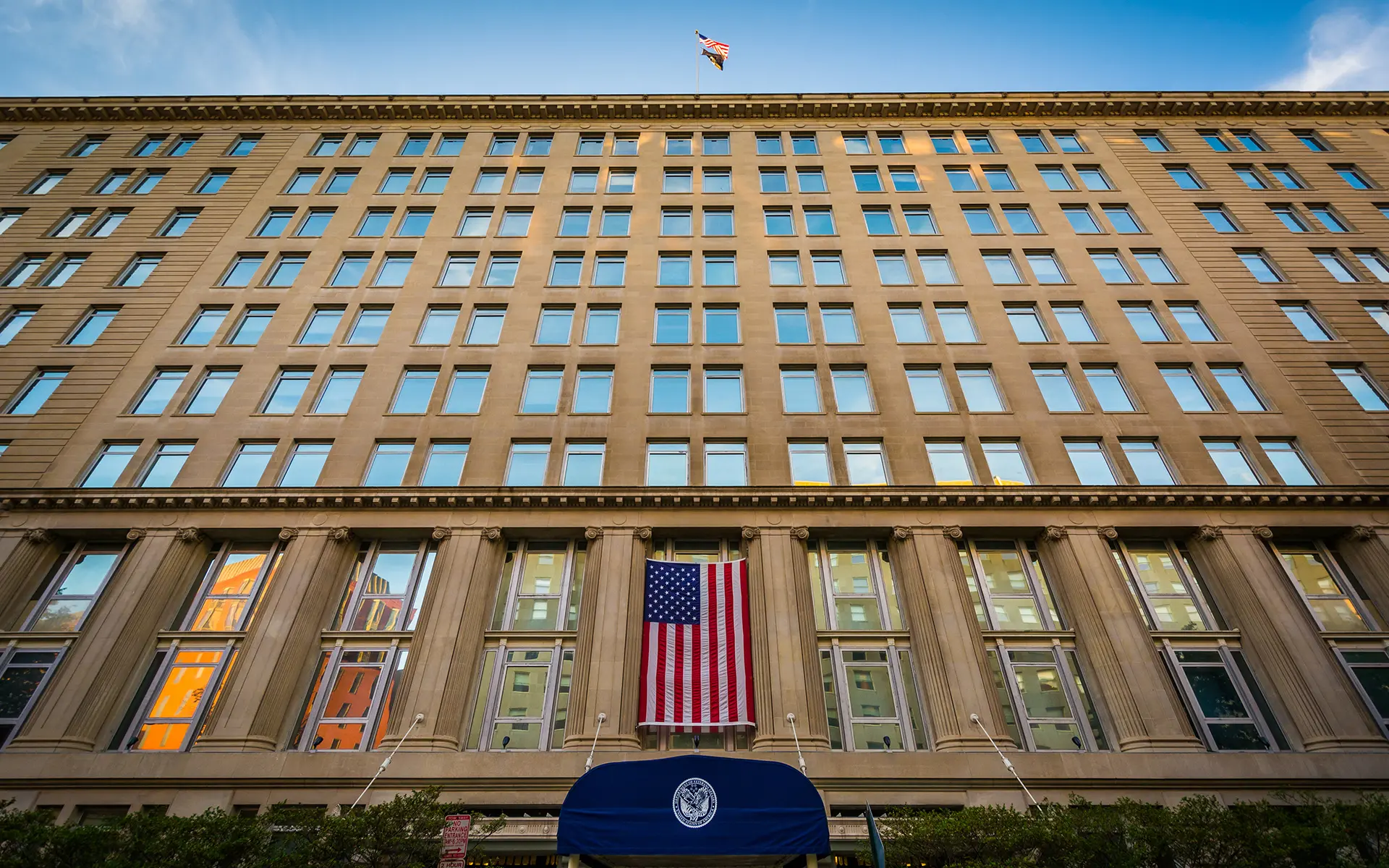VA Survivors and Veteran Pension Program
The U.S. Department of Veterans Affairs manages several pension programs for qualifying individuals—in addition to providing health and disability benefits. Eligible wartime veterans (or certain surviving family members) may receive monthly payments if they meet the requirements. The VA Survivors Pension provides payments to qualifying surviving spouses and certain unmarried children.

What Is VA Survivors Pension?
The Department of Veterans Affairs (VA) is responsible for managing and dispensing benefits to eligible veterans of the U.S. military and certain family members. Consequently, the VA oversees multiple pension plans, including the Veterans Pension program and the VA Survivors Pension program. Generally, pension benefits are paid in the form of monthly benefits to veterans with limited income.
VA pension programs are a different type of benefit than disability benefits. While both include monthly payments, the requirements differ. Disability benefits are available for qualifying veterans with a service-connected injury or illness. VA pension plans, however, do not require a service-connected disability. As such, the Veterans Pension program is sometimes called the non-service-connected pension plan.
Primarily, VA pension plans are intended for low-income veterans or their surviving family members. You don’t need a service-related disability to qualify.
Previously, many people referred to the VA Survivors Pension as the widow or widower’s pension. Today, only eligible surviving spouses and unmarried children qualify for a VA Survivors Pension.
Am I Eligible for a Veterans Pension?
To be considered eligible for Veterans Pension, wartime veterans must meet age or disability requirements (recognized wartime eras listed below). Also, veterans or their surviving spouses must meet income limits set by Congress each year. For the VA Survivors Pension, the surviving spouse must not have remarried after the veteran’s death. Moreover, the vet’s service record must not include a dishonorable discharge.
At least one of the following must be true about the veteran:
- Began active-duty service before September 8, 1980, and served at least 90 days active duty with at least 1 day served during a recognized wartime period, OR
- Enlisted as an active-duty service member after September 7, 1980, and served at least 24 months or the full length of your active-duty service order (certain exceptions apply) with at least 1 day served during wartime, OR
- Served as an officer and began active-duty service after October 16, 1981, and had not served on active duty for at least 24 months beforehand
Typically, your net worth includes all personal property minus your total debt still owed. However, your unmarried children’s net worth is not counted. Moreover, the value of your house, car, and most home furnishing are usually not tallied by the limits set by Congress.
The child of a deceased wartime veteran may qualify for VA Survivors Pension if they meet at least one of the following requirements:
- Under 18 years old
- Under 23 years old and attending a VA-approved education program
- A disability that occurred before you were 18 years old makes you unable to care for yourself
What Is the Income Limit for the VA Survivors Pension?
VA Survivors Pension payments (including VA Aid and Attendance benefits) are available based on the individual’s yearly income. The income limits set by Congress are known as the Maximum Annual Pension Rates (MAPR). Each year, Congress increases the limit based on inflation and cost-of-living increases. Factors that affect Survivors Pension and Veterans Pension MAPR amounts include:
- Number of dependents
- Being married to another veteran who qualifies for VA pension payments
- Disabilities that qualify you for Aid and Attendance
Starting December 1, 2021, until November 30, 2022, the VA pension net worth limit is $138,489.
In December 2022, the net worth limit will increase. In December 2021, the MAPR amount increased 5.9% for cost-of-living increases.
MAPR amounts vary based on the surviving spouse’s number of dependents. In 2022, MAPR amounts range from $12,951 to $19,438. Currently, the Survivor Benefit Plan (SBP)/Minimum Income Annuity (MIW) limit is $9,896. Dependents who work may have up to $12,950 of their wages excluded. Additionally, a portion of medical expenses may qualify for a deduction.
When filing to receive VA pension payments, be sure to report all your and your spouse’s income and the value of your assets. Failure to report assets or transferring assets for less than fair market value could result in a penalty period.
VA Recognized Wartime Periods
In the U.S., lawmakers set the recognized wartime periods. Serving in the military for at least one day during any of the following wartime periods could qualify you for pension benefits (i.e., monthly payments).
- Mexican Border period – May 9, 1916, to April 5, 1917, for veterans who served in Mexico, on the border, or in nearby waterways
- World War I – April 6, 1917, to November 11, 1918
- World War II – December 7, 1941, to December 31, 1946
- Korean War – June 27, 1950, to January 31, 1955
- Vietnam War – November 1, 1955, to May 7, 1945, for veterans serving in the Republic of Vietnam. August 5, 1964, to May 7, 1975, for veterans serving outside the Republic of Vietnam.
- Gulf War – August 2, 1990, to a date to be determined by law or presidential proclamation.
How Do I File for a Pension?
Surviving spouses of veterans and eligible children of deceased veterans may file for a VA Survivors Pension plan by choosing one of the below application options:
- Help from a VA Representative: Accredited attorneys, VA claims agents and Veterans Service Officers (VSOs) assist anyone filing for VA benefits through the course of claims and appeals.
- File Online with AccessVA: Upload documents to the online portal.
- Mail in your application: Print the Application for DIC, Death Pension, and/or Accrued Benefits (VA Form 21P-534EZ) or visit a local VA office for a copy.
- Visit a VA Regional Office: Go in person to a Regional Office to submit your application.
What Happens After I File for VA Benefits?
After you file an application for VA Survivors Pension, the organization will review your claim and respond with their decision. The VA reviews claims based on the order they’re submitted. Although, priority claims are processed earlier.
Check the status of your claim, request a review or appeal, view payment history, and change your personal information on the VA’s online pension management center. You can sign in with an ID.me, DS Logon, or My HealtheVet account.
If the VA denies your pension claim, you still may qualify for other veteran survivor benefits or compensation. A lawyer with VA claims experience may help you file an appeal or seek other types of monetary compensation.


